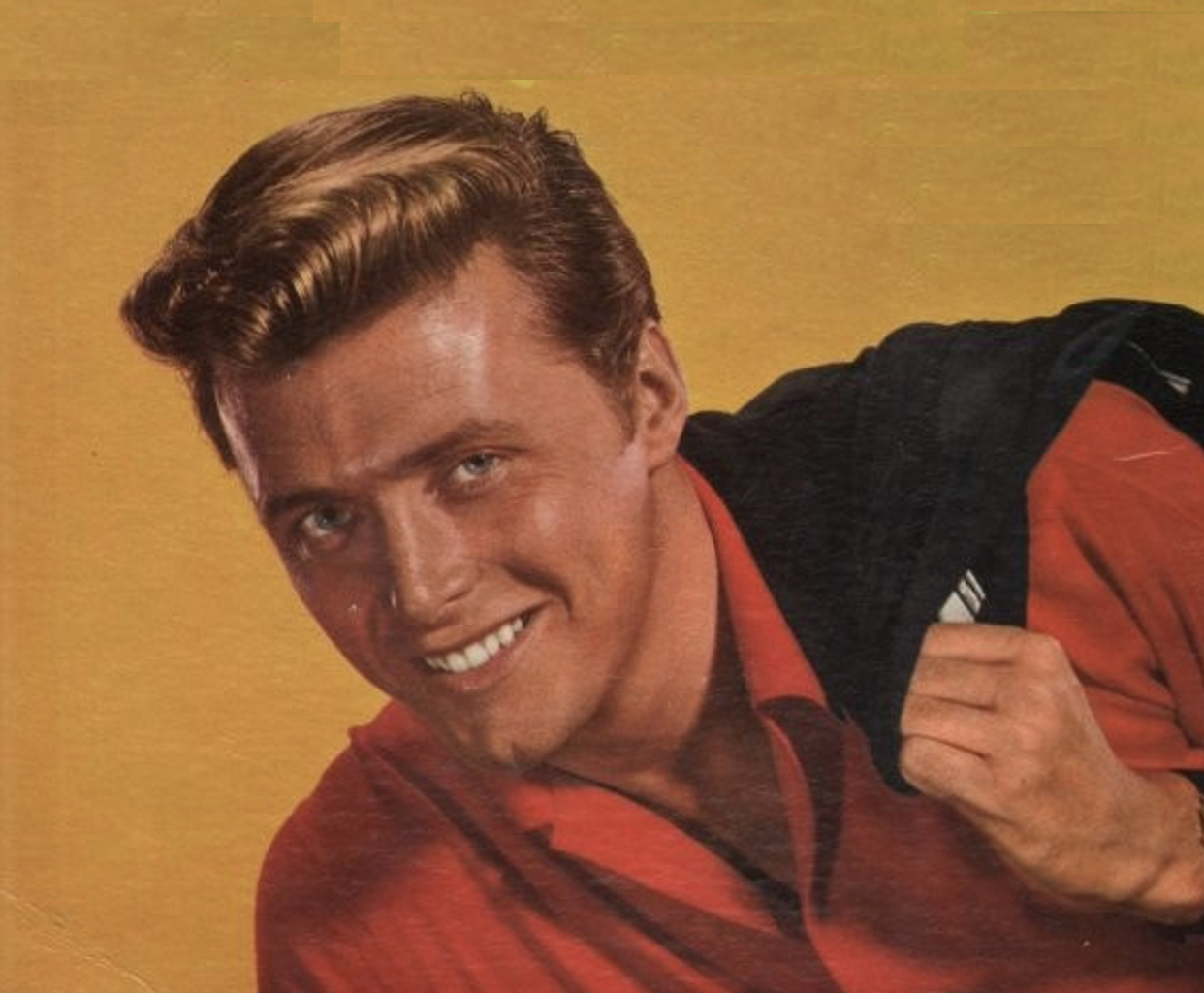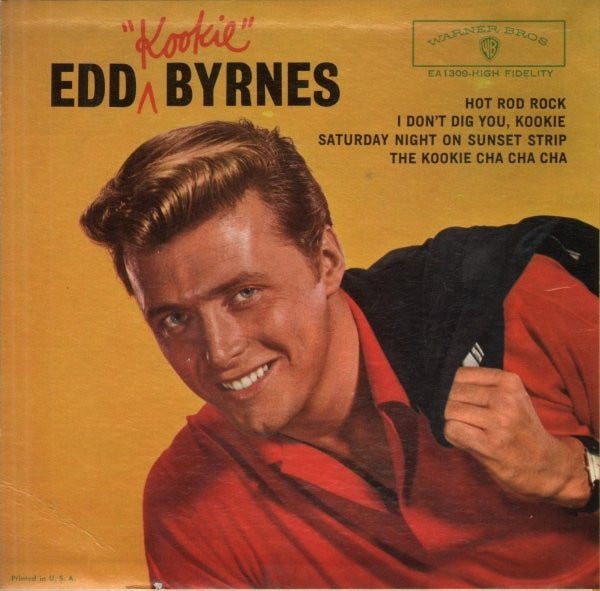A hundred years ago, Broadway impresario Abe Erlanger hired a 12-year-old boy—and consulted him frequently. He said he needed the youngster to make creative decisions about all his theatrical productions.
The audience, he explained, possessed the same mental level as this 12 year old. So a child had veto power over all the artists.
Broadway insiders laughed at this. They treated it as a kind of prank or stunt.
But over the course of the 20th century, this role reversal became a standard practice in much of the music industry. Nobody wanted to say it out loud, but sophisticated musical minds were no longer trusted as gatekeepers.
They knew too much.
So blessed be the musically unskilled, for they would inherit the industry. And they did—just go look at the CEOs at Spotify, Apple Music, and all the rest. I’ll admit that they are older than twelve, but they are blissfully unencumbered by the twelve tones over which they preside.
Aesthetics plays no part in their decision-making. They run on dollars and cents, not sharps and flats.
Capitol Records was probably the last major label to put all its faith in timeless standards of musicality. And it flourished during the 1950s and much of the 1960s. But even Capitol eventually lost its way.
RELATED ARTICLES
My 50 Favorite Records from the Golden Age of Capitol Records
The Slow Painful Death of the SoCal Entertainment Ecosystem
I’m grateful that great musical minds still can be found—and I will share some amazing new music next week when I publish my list of the 100 best recordings of the year (available to premium subscribers). But the reality is that most of the best music nowadays operates in the fringes of our culture, and not on center stage.
That’s just the way it is. But the history of dumbing down is fascinating in its own rights. It’s a story that deserves to be told.
I’ve tried to identify the turning point—the moment when the rules changed. By my measure it happened one night in 1958.
Let’s revisit that fateful day…
Please support my work—by taking out a premium subscription (just $6 per month).
One Friday evening in 1958, record producer George Avakian sat down in front of his TV set, and watched an episode of the popular detective show 77 Sunset Strip. This chance incident would have surprising ramifications in the music business for decades to come.
A few minutes into the episode, the record producer decided that one of the actors on the show looked and talked like a rock star. His name was Edd Byrnes and he played a hipster character named Kookie.
Kookie parked cars at a Hollywood nightclub in the show, and acted very cool. He had the right look and said witty hipster-ish things. The TV audience loved him, especially younger viewers.
Check Kookie out and decide for yourself.
There was just one tiny problem. Byrnes wasn’t a musician.
But Avakian didn’t worry about this. “I was sure that kids would like his talk and his looks, especially a way he had of looking out of the corner of his eye,” he later recalled. “And—the real clincher for his popularity with kids—parents would loathe him.”
They didn’t have Auto-Tune back then, but studio engineers had a few tricks to fix vocal imperfections. They knew how to splice together different takes, or make slight alterations in tape speed.
But when Byrnes did an audition for the label, it was bad. It was scary bad. This promising rock star had no sense of pitch. He had no range. He couldn’t even stay in rhythm with his accompanist.
No technology could fix this mess.
Record producer Avakian was no fool. During an illustrious career, he worked with Louis Armstrong, Duke Ellington, Miles Davis, Dave Brubeck, Sonny Rollins, and Keith Jarrett, among others. He had collaborated with genius, and now he had someone on the opposite end of the spectrum.
Maybe this situation is commonplace nowadays, but back in 1958 the record business believed in something called musical talent. Avakian’s bold decision to ignore that variable marks a historic moment in our culture.
Anybody else would have walked away from this looming disaster. They would have feared not just commercial failure but a tainted reputation. You don’t want to be the exec to greenlight a recording by somebody with zero musical ability.
But in a moment of brilliant insight, Avakian decided that Kookie didn’t need to sing, he could just rap. Of course, rapping wasn’t even a concept back in those days. But it sorta existed without a name. Deejays at radio stations often introduced a record by speaking in a hip tone of voice over the intro to the song.
Kookie would do the same. He would speak or rap his part, while somebody else did the actual singing. Connie Stevens, another Hollywood talent with the right look—and a slightly better voice—could handle the actual vocals.
By the time they were done, it looked like this:
The song was a runaway hit, and Byrnes made some serious Kookie dough. “Kookie, Kookie, Lend Me Your Comb” sold a million copies, earning gold status, and stayed on the Billboard chart for 13 weeks. Somehow the label padded out an entire album—entitled Kookie, of course—with songs of this sort.
For the rest of his life, Edd Byrnes was associated with that comb. Even when he died in 2020, at age 87, obituaries featured photos of him combing his hair. After that brief burst of fame, Kookie never had another hit. Even his acting career lost momentum, and his drinking problem didn’t help matters any.
But don’t underestimate Kookie’s lasting legacy.
It’s easy to see how Edd ‘Kookie’ Byrnes laid the foundation for future semi-spoken novelty songs, from William Shatner’s “Rocket Man” to Walter Brennan’s “Old Rivers.” They will never honor him in the Rock and Roll Hall of Fame or as a hip-hop pioneer, but that’s just because Kookie represents such an embarrassing moment in the history of commercial music.
But as a role model, he can’t be denied.
Kookie was a prototype for the Fonz on Happy Days, and also served as one of the inspirations for Leonardo DiCaprio’s character Rick Dalton in the film Once Upon a Time in Hollywood. Dalton’s film-in-a-film The 14 Fists of McClusky, with its famous flamethrower scene in that movie, was based on Byrnes’s real 1964 movie The Secret Invasion. And like Dalton, Byrnes ended up acting in spaghetti westerns in Italy after his stateside fame subsided.
And even this impressive list hardly does justice to the true lineage of this untalented artist.
Even today, the pairing of a rapper and vocalist is one of the most popular formulas in commercial music. And a whole host of boy bands, from all over the world, are formed based on the good looks of the members. We have Kookies everywhere if you know where to look.
But even these are small potatoes compared with the real breakthrough of Edd ‘Kookie’ Byrnes. His meteoric career marked the arrival of a new way of discovering and nurturing musical talent—namely by ignoring the talent part of the equation. We didn’t have influencers back in 1958, but Kookie was ahead of his time.
And he did all that with just a comb. Man, think of what this cat could have done with an iPhone and social media.





